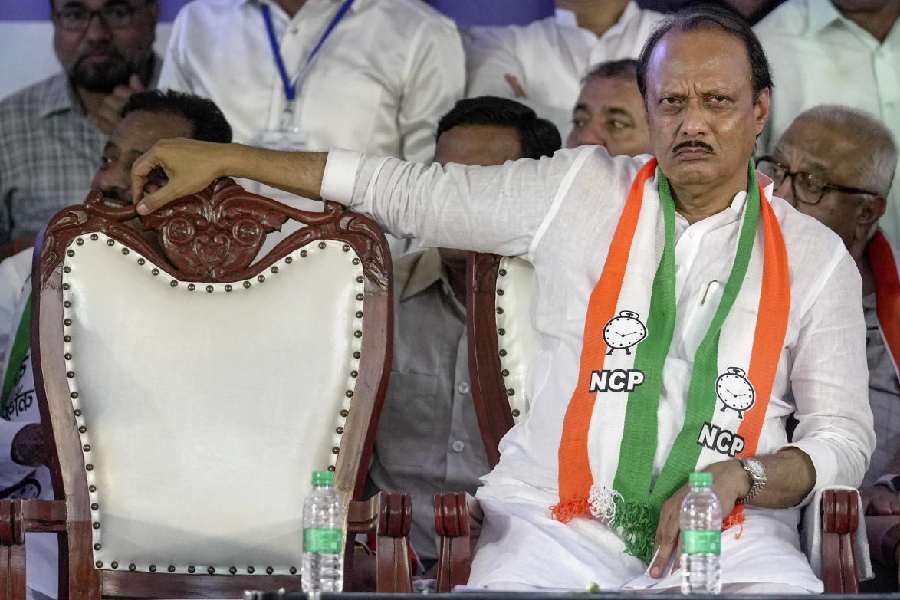The Election Commission of India (EC) on Tuesday awarded control of the Nationalist Congress Party (NCP) to Ajit Pawar, who broke ranks with party founder Sharad Pawar in 2019 to support the formation of an NDA government in Maharashtra.
The EC relied on the test of majority in the legislature. The party has 81 legislators (MPs, MLAs and MLCs) in Maharashtra, Lakshadweep, Kerala, Jharkhand and Nagaland. Ajit Pawar received 57 affidavits of support from them, while his uncle Sharad Pawar received 28. A few legislators gave affidavits for both.
The support of party MLAs from Jharkhand and Nagaland went entirely to Ajit, while Kerala legislators stood behind Sharad.
The commission’s order comes just before the Rajya Sabha polls where MLAs voting in Maharashtra need to show their votes to the designated agent of the party they are a member of. Sharad Pawar has been given time till 4pm on Wednesday to give a new name for his faction, failing which legislators loyal to him will be treated as Independents.
Like the Shiv Sena dispute — which Eknath Shinde won owing to the support of legislators — the EC gave a moral lecture to parties to be more democratic in the selection of their leaders and adhere to their own constitutions in doing so.
The panel said: “In the absence of democratic internal structures, internal disputes are bound to create rifts and factions leading to the determination of the question by the Election Commission under the Symbols Order. However, when a dispute comes to the commission under the Symbols Order 1968, invariably office-bearers of the organisational structure of political parties claim a numerical majority, sans the internal democratic rigour as per their respective constitutions. Thus, such party structures fail to inspire confidence of the commission and the commission is forced to ignore the numerical strength of opposing factions in the organisational wing despite being conscious of its importance and role as the building block of the party.”











